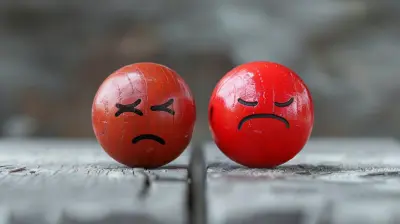The Relationship Between Cognitive Development and Play
19 September 2025
When most people think about children playing, they usually imagine toys scattered across the floor, dolls having tea parties, or kids racing around the playground. It all looks pretty chaotic on the surface, doesn’t it? But what if I told you that every block stacked, every imaginary friend invented, and every game of hide-and-seek is actually laying the groundwork for something profound?
Yep, we’re diving into the fascinating link between cognitive development and play. It’s not just child’s play—it’s brain-building in disguise.
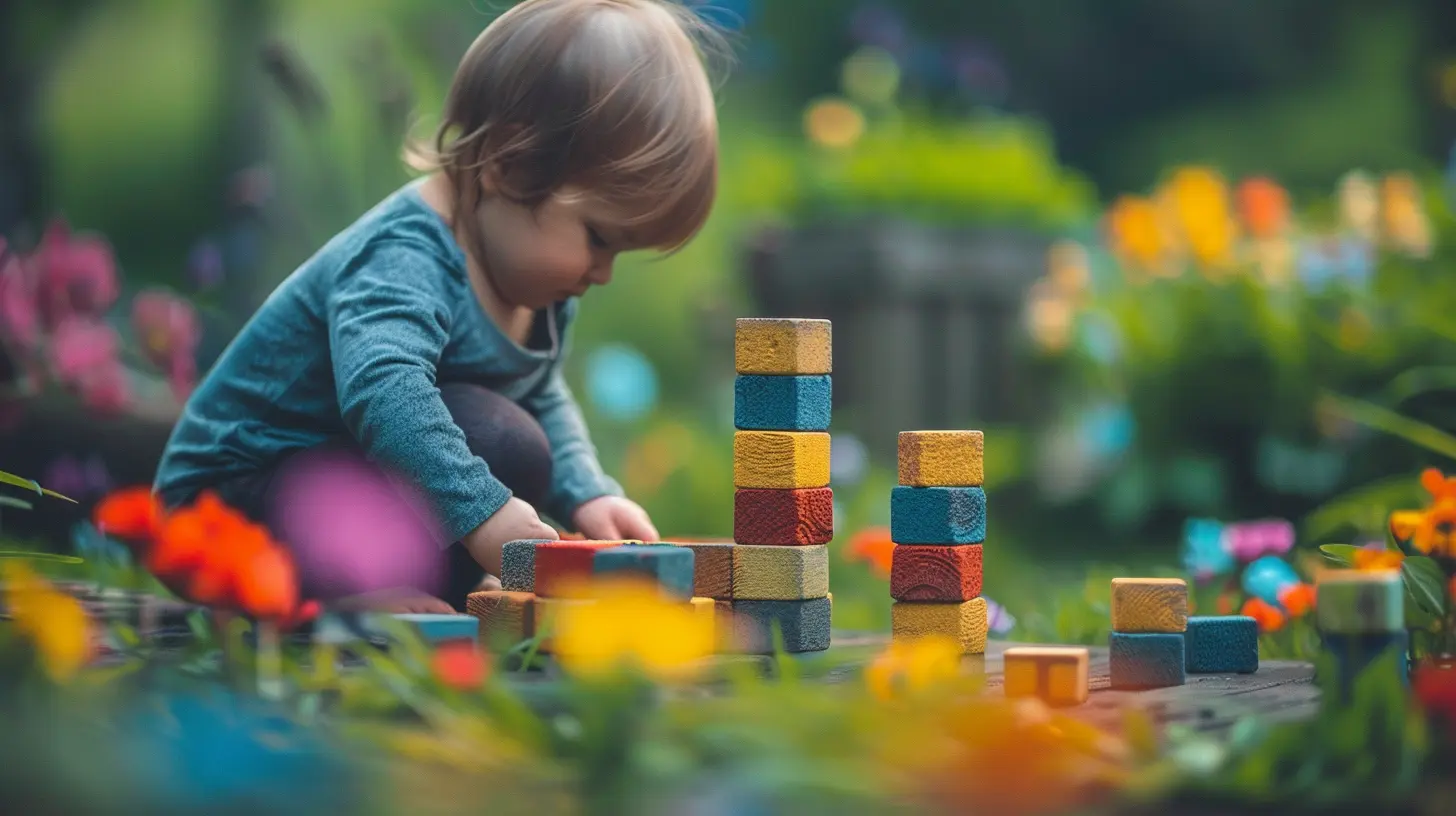
What Is Cognitive Development, Anyway?
Before we get into the heart of things, let’s clear up what we mean by “cognitive development.” Simply put, it's the process by which a child learns to think, reason, understand, and remember. You could say it's how their brains grow up.Cognitive development includes milestones like:
- Problem-solving
- Memory
- Language acquisition
- Attention and focus
- Creativity
- Decision-making
These skills don’t just pop up overnight. They’re shaped over time through experience—and play is one of the most powerful experiences of all.
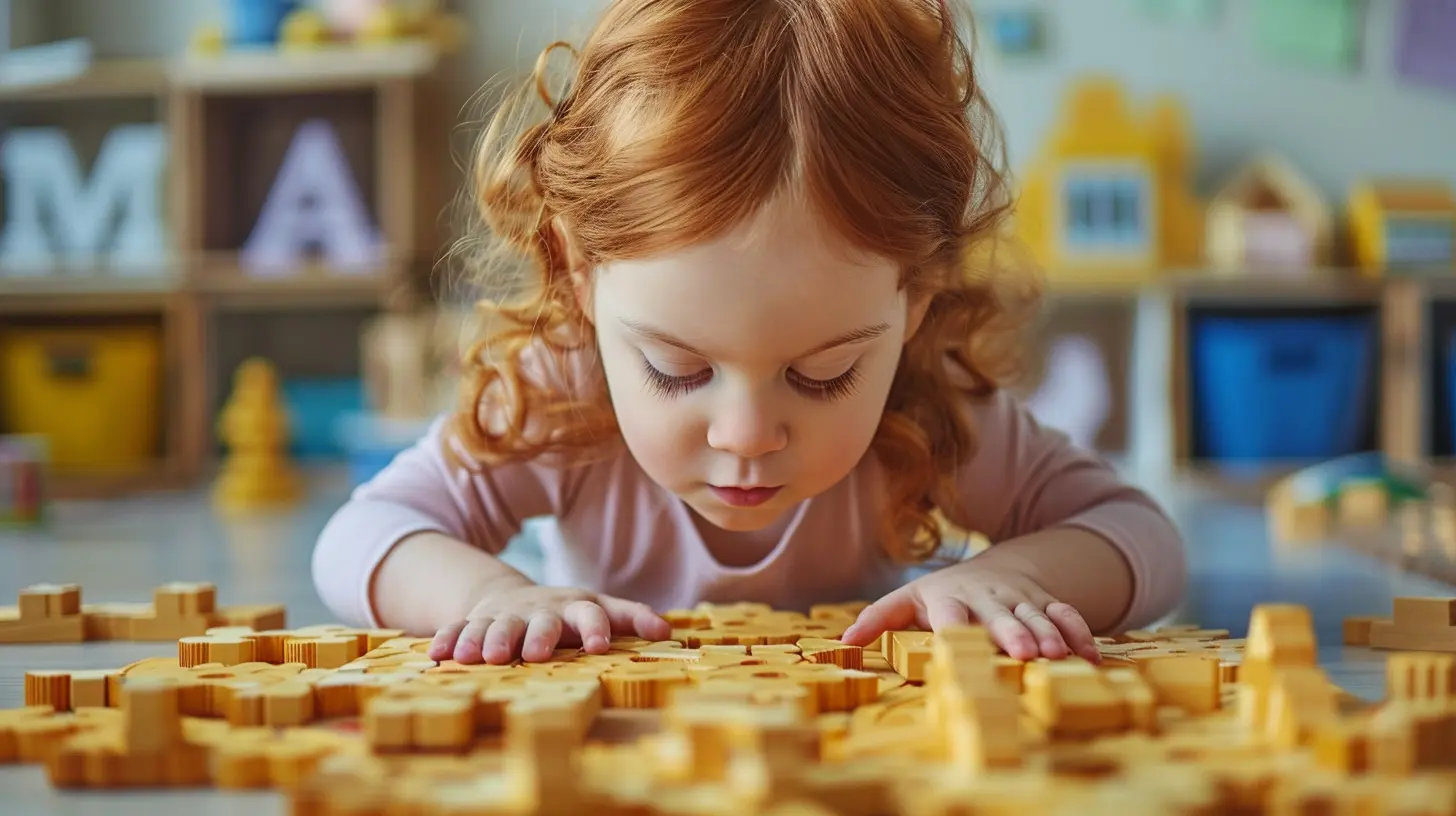
Why Play Isn’t Just About Fun
We tend to think of play as something kids do when they’re not learning, like a break from the serious stuff. But in reality, play is the serious stuff.Think of play as the brain’s favorite workout. Just as physical activity builds muscles, play builds mental strength. It's through play that children test out ideas, explore boundaries, and figure out how the world works.
And the best part? They have no idea they’re learning. It’s like sneaking spinach into brownies—they’re developing their minds while having a blast.
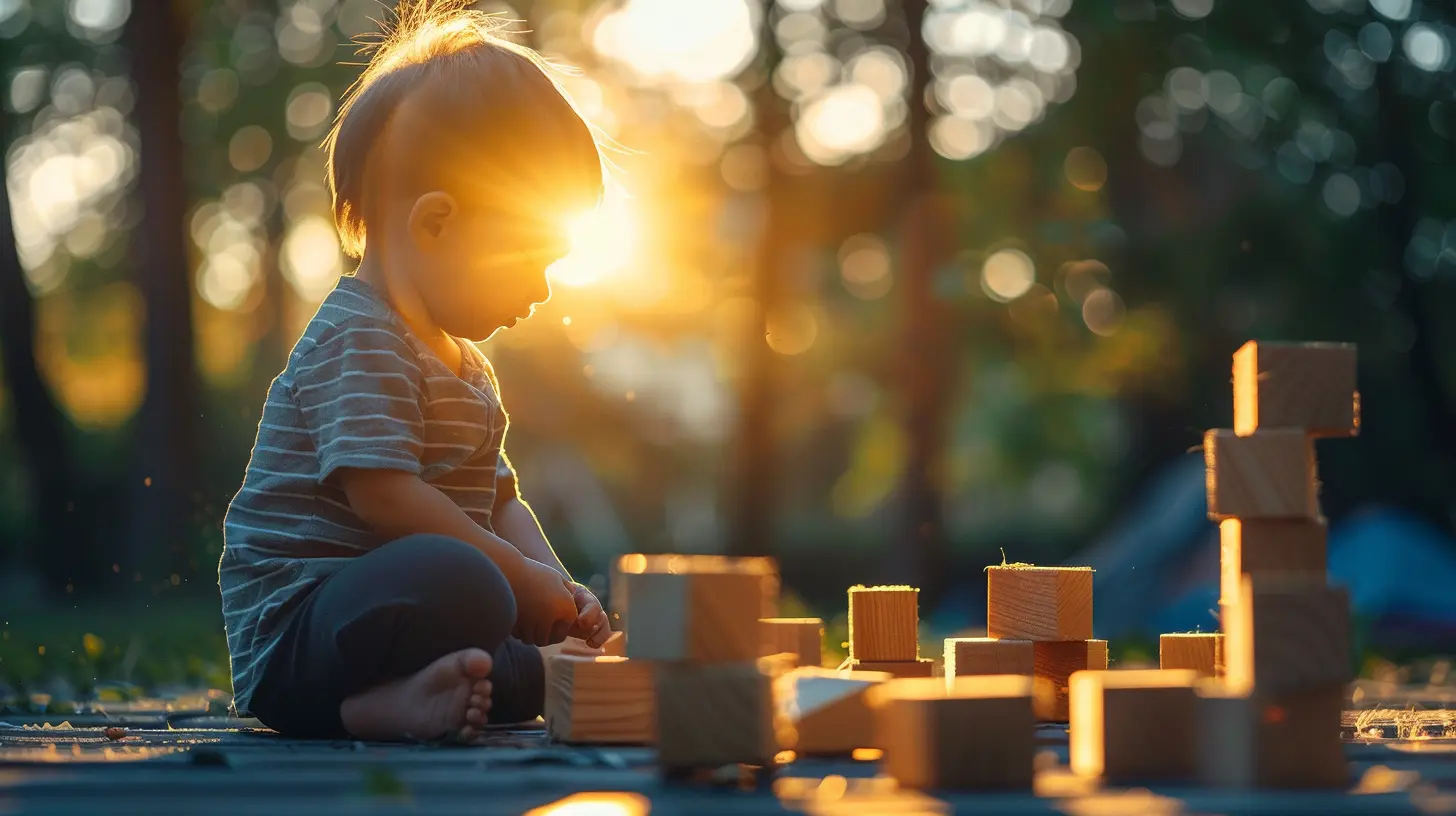
The Science Behind Play and Brain Development
So, what’s happening behind the scenes when a kid is knee-deep in playtime?1. Strengthening Neural Connections
Every time a child plays, they’re creating and strengthening neural pathways in the brain. Research has shown that early play experiences are tied to greater brain volume in areas responsible for cognitive process and emotional regulation. More play = more brain power.2. Developing Executive Function Skills
Ever watched a child plan out an elaborate pretend game? Or seen them wait their turn during a board game? That’s executive function in action—skills like self-control, working memory, and cognitive flexibility. These are critical for school success and later life…and they’re sharpened through play.3. Encouraging Problem Solving and Critical Thinking
Play invites challenges. Whether it’s figuring out how to build a sturdy Lego tower or deciding the rules of a make-believe world, kids are constantly solving problems and thinking critically during play.It’s like mental gymnastics—bending, flipping, and stretching their minds in all sorts of creative ways.
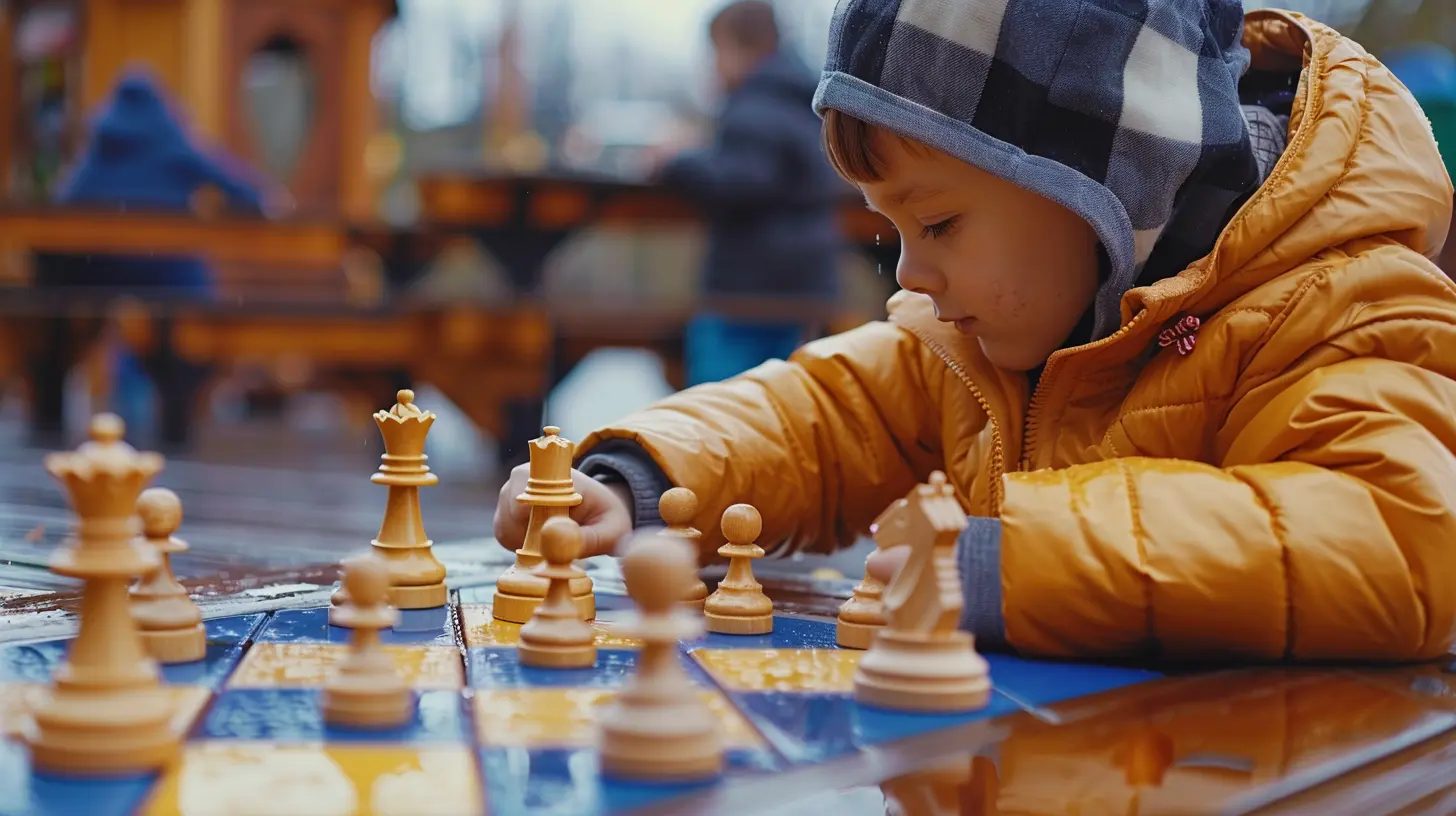
Types of Play That Boost Cognitive Development
Not all play is created equal. Different types of play stimulate different areas of cognitive growth. Let’s break down some of the big ones:1. Pretend or Imaginative Play
Ever seen a toddler talking to a stuffed animal like it’s alive? That’s imaginative play at work.This type of play:
- Builds abstract thinking
- Enhances language skills
- Sparks creativity
- Helps kids understand emotions (theirs and others’)
Pretend play allows children to step into someone else’s shoes, a skill linked with empathy and theory of mind—big words for understanding that other people have thoughts and feelings too.
2. Constructive Play
Think blocks, Legos, puzzles—anything that involves building or creating something tangible.This kind of play:
- Develops spatial awareness
- Enhances fine motor skills
- Boosts problem-solving abilities
Constructive play helps children visualize outcomes and actively think through how to get from point A to point B.
3. Physical Play
Tag, monkey bars, dancing, or anything that gets kids moving.While it may seem purely physical, it actually:
- Improves coordination
- Enhances concentration
- Increases memory
Why? Because physical play increases blood flow to the brain, which supports cognitive performance. Plus, active kids tend to have better attention spans.
4. Games with Rules
Board games, card games, or even a simple game of Simon Says.This form of play:
- Develops self-regulation
- Improves planning skills
- Teaches kids to follow complex instructions
Games like these require focus and logic. They engage the prefrontal cortex—aka the brain’s command center.
The Role of Adults in Play
Let’s not pretend that kids grow up in a vacuum. Adults play a huge role in how (and how much) children engage in cognitive-boosting play.Guided Play vs. Free Play
Free play is when kids take the wheel. No goals, no rules (well, except the ones they invent). It allows for creativity and independent thinking.Guided play, on the other hand, involves a bit of adult support—maybe asking questions, introducing new ideas, or helping solve a conflict. The key is to be involved without taking over.
Both are important. Think of it as seasoning—free play is the main dish, and guided play is the spice that brings out the flavor.
Creating a Rich Play Environment
Providing a variety of toys and materials helps stimulate different areas of the brain. But don't overthink it. Pots and pans can be drums. A blanket can become a superhero cape. The point is to make sure kids have the tools—and the time—to play freely.
How Play Supports Each Stage of Cognitive Development
Jean Piaget, a rockstar in the psychology world, outlined stages of cognitive development that show how kids’ thinking evolves over time. Let’s connect those stages to specific types of play.1. Sensorimotor Stage (0–2 years)
Kids learn through their senses and actions. Think peek-a-boo or shaking rattles.- Play Impact: Develops object permanence, cause-and-effect understanding
2. Preoperational Stage (2–7 years)
This is the age of pretend play, superheroes, and imaginary tea parties.- Play Impact: Boosts symbolic thinking, language growth, and imagination
3. Concrete Operational Stage (7–11 years)
More logical thinking kicks in. Kids enjoy puzzles, strategy games, and building projects.- Play Impact: Enhances logical reasoning, planning, and classification skills
4. Formal Operational Stage (12+ years)
Now we’re talking abstract thought, hypothetical reasoning, and mental flexibility.- Play Impact: Role-playing, debating games, and simulations help expand complex thinking
Play Isn’t Just for Kids
Here’s a kicker—cognitive development doesn’t stop with childhood, and neither should play.Adults benefit from play too. Strategy games, creative hobbies, or even just goofing off with friends can improve memory and mental flexibility. Think of it as brain maintenance.
Play keeps your thinking sharp, your creativity flowing, and maybe even your stress levels in check.
The Downside of Less Play in Modern Life
Now here's where things get a little serious. In today’s fast-paced, tech-heavy world, kids are playing less. Schools are emphasizing test scores over recess. Parents are overwhelmed. Screens are replacing imagination.But this isn’t just sad—it’s a problem. Reduced playtime can mean slower cognitive growth, fewer social skills, and even behavioral issues.
Want a smarter, happier, more well-rounded kid? Give them time and space to play. It’s one of the most impactful gifts you can offer.
Final Thoughts: Why This All Matters
The connection between cognitive development and play is undeniable. Play shapes how children think, learn, and grow. It’s the foundation for skills they’ll use their entire lives—whether they’re solving a math problem, navigating social situations, or inventing the next big thing.So next time you see a child lost in play, don’t interrupt. Let them explore, imagine, and figure things out on their own. You’re looking at a little brain under construction.
And if you’re an adult? Maybe take a break and play a little too. Your brain will thank you.
all images in this post were generated using AI tools
Category:
Cognitive ScienceAuthor:

Janet Conrad
Discussion
rate this article
1 comments
Natasha Fuller
Great article! It beautifully highlights the crucial link between play and cognitive development. Encouraging playful learning in children not only enhances their skills but also fosters creativity and emotional well-being. Keep spreading this important message!
October 4, 2025 at 3:47 AM

Janet Conrad
Thank you for your kind words! I'm glad you found the article valuable. Promoting playful learning is indeed vital for children's growth!

